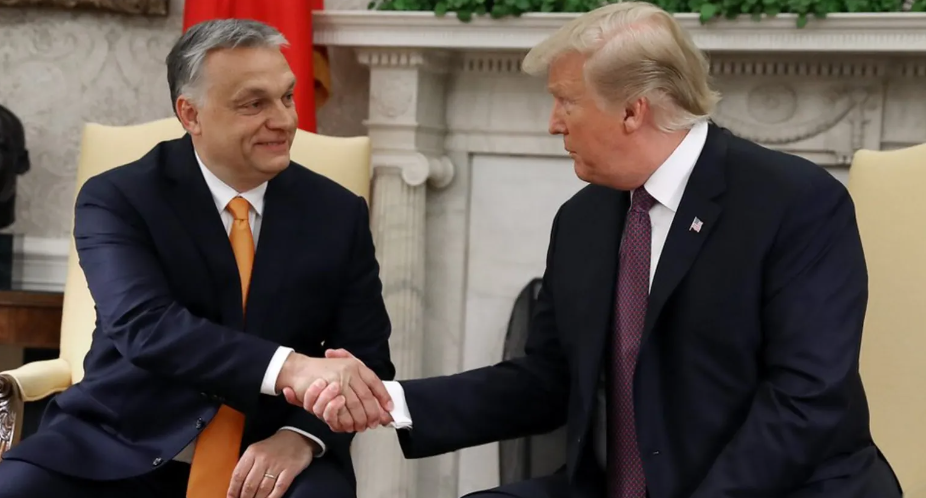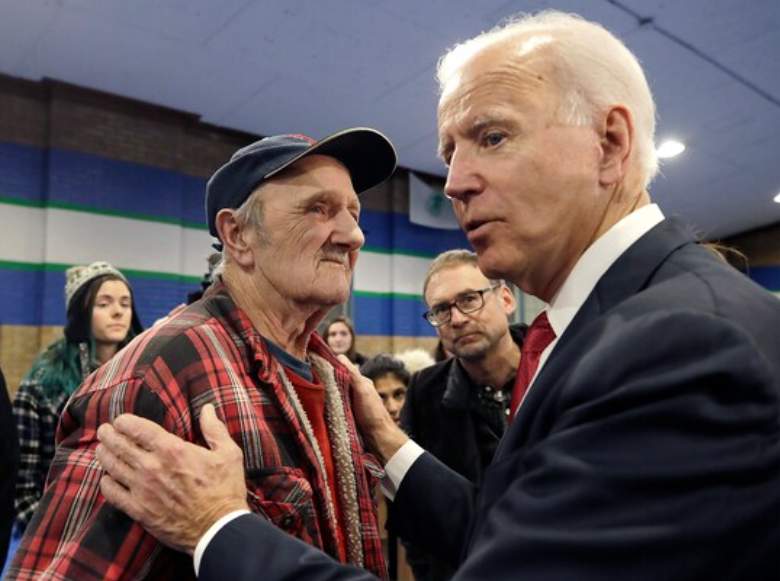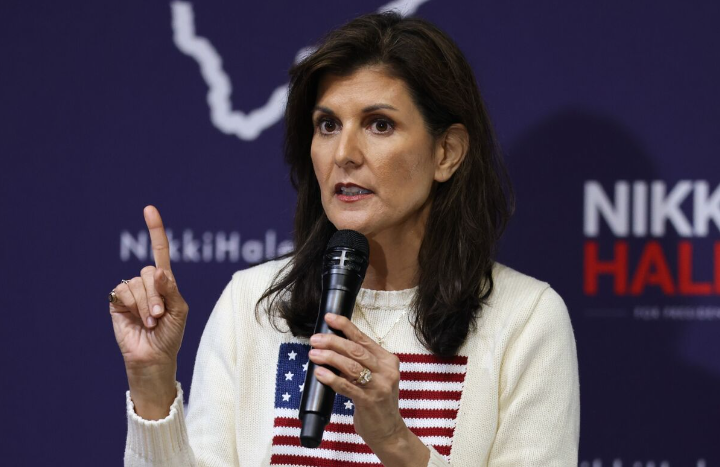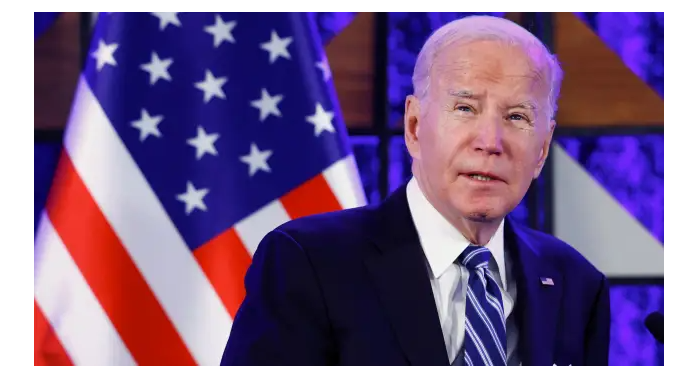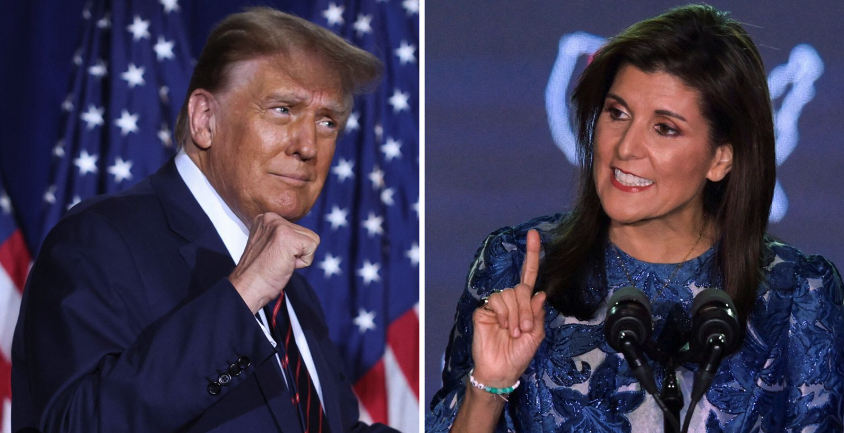
In the picturesque landscapes of Montana, where the expanse of farmland stretches as far as the eye can see, a pressing issue has emerged at the forefront of one of the nation’s most closely watched Senate races. Despite Chinese investors owning a mere fraction of the state’s vast agricultural lands, the topic of foreign ownership, particularly China’s potential influence, has become a pivotal point in the electoral showdown between incumbent Democratic Senator Jon Tester and his Republican challenger, businessman Tim Sheehy.
The issue is not just a local concern but reflects a national anxiety over foreign, particularly Chinese, investment in American farmland. This concern has led to an array of legislative proposals aimed at curtailing foreign ownership, marking a significant moment in the debate over the United States’ agricultural and economic security.
Senator Tester and Mr. Sheehy have both positioned themselves as stalwart defenders of Montana’s agricultural interests against perceived external threats. Each campaign has leveraged the issue, signaling their commitment to protecting the state’s farmland from falling into foreign hands, which they argue could compromise America’s food security and sovereignty. This battle has unfolded against a backdrop of broader legislative efforts, both at the state and federal levels, to scrutinize and potentially restrict foreign investments in U.S. agricultural assets.
The intensification of these concerns coincides with rising tensions between the U.S. and China, further fueled by the COVID-19 pandemic’s economic and geopolitical repercussions. In Montana, a state where agriculture is not just an industry but a way of life, the debate over who owns the land resonates deeply with voters. The discourse taps into fundamental questions about independence, identity, and the future of rural communities.
As the race heats up, both candidates have sought to outdo each other in demonstrating their vigilance against foreign encroachment, employing campaign ads, legislative proposals, and public statements to make their case. This focus on farmland ownership transcends political lines, reflecting a shared concern among Montanans and, indeed, Americans, about maintaining control over their natural resources and economic destiny.
The Montana Senate race, therefore, serves as a microcosm of a larger national conversation about sovereignty, security, and the role of foreign investment in the American economy. It highlights the complex interplay between local values and global dynamics, underscoring the importance of vigilance in safeguarding the nation’s agricultural heritage and its future prosperity.
As this electoral battle unfolds, it is clear that the issue of farmland ownership and foreign influence will remain a critical point of contention, not just in Montana but across the United States. The outcome of this debate will likely have lasting implications for how Americans perceive their place in a rapidly changing world and their ability to control their economic and environmental future.


